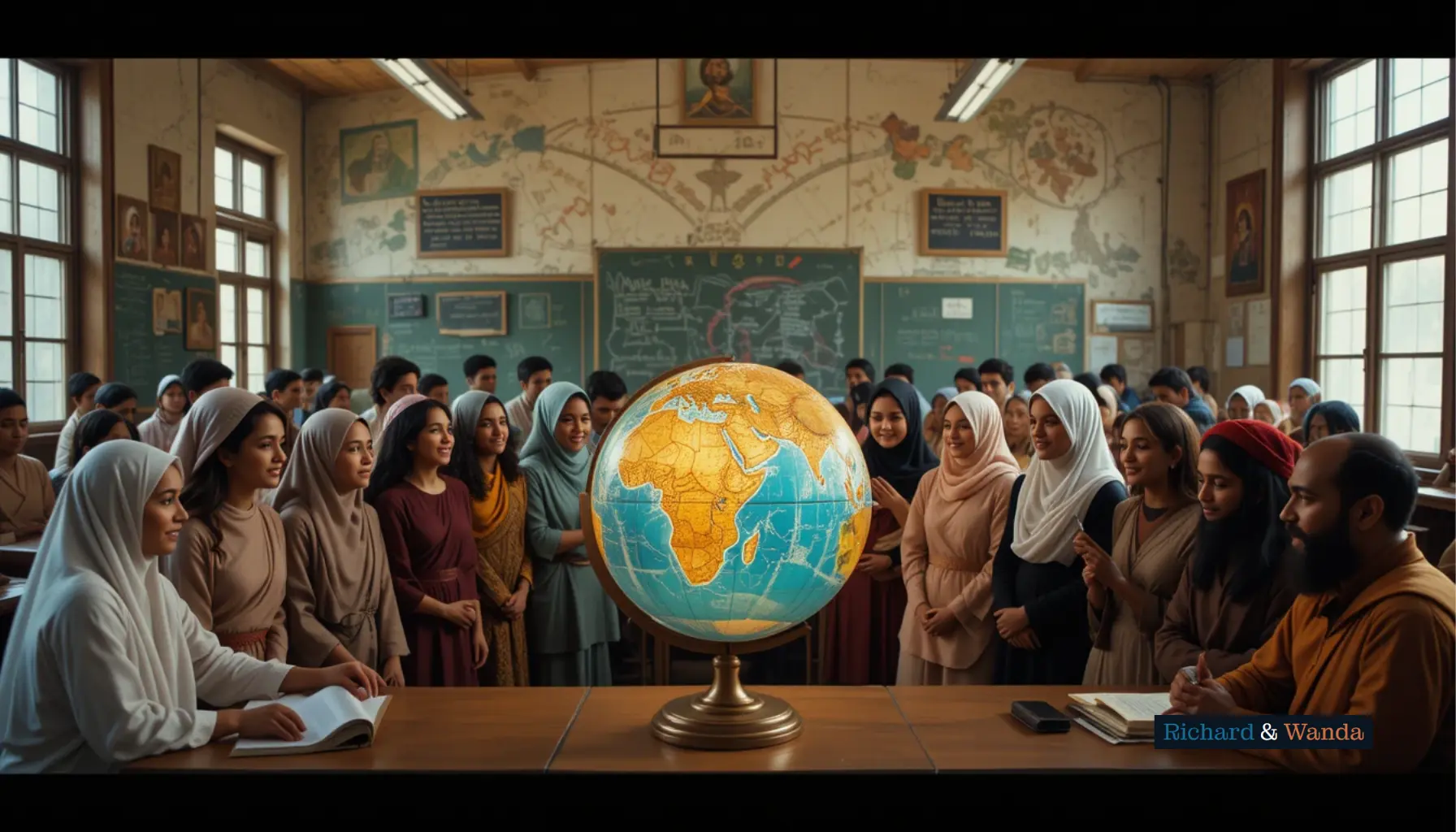A recurring theme in STEWARDS is the prevalence of quick and broad judgments within our culture. The pace at which we live often requires snap appraisals in all kinds of social situations. Where should we turn for entertainment? Who should we get to know more than casually? Who should we ask for advice when we need it? These are just a few of the situations calling for hasty decision-making that will often determine the direction our lives will subsequently take.
The problem is that these choices often call for preliminary, thoughtful analysis, and that takes time that we don’t give them. Sometimes we do that out of necessity, but sometimes we take the unfortunate easy way out and fall back on STEREOTYPING. For example, the homeless may be written off as lazy beggars by people like the “copier Paul Revere” in the story “Beg to Differ”. Street runaways are usually deemed “hoods” and “thugs” as in “Anunciation”. Poor immigrants and foreigners from unfamiliar cultures are automatically considered ignorant or “just plain dirty”, as in “Friends Drop in” and “Beg to Differ”. It’s okay to exploit such helpless “inferiors”, as Elena discovers in “he Transparent Angel” and the Commander bemoans in “Friends Drop In”. And, of course, Jews and Muslims are simply not trustworthy, according to characters in “The Stranger Next Door”. Hank, a teacher in the story “My Teacher, The Devil,” is challenged by parents when he encourages “enlightened discussion” on interfaith dialogue among students.
The Study of World Religions is a Valuable Step Toward Improving Diversity in Education.

Anyone with a conscience and an education will immediately recognize all those assessments are unfair and inaccurate. They fly in the face of the commandment that Jesus places beside the requirement to love God: the necessity to treat your fellow human as you would wish to be treated.
At the foundation of the prejudices that recur throughout STEWARDS are assessments based simply on ignorance. We use the most superficial criteria for judgement when we have no factual foundation upon which to base our conclusions. When a neighbor’s eyes are shifty, he has to be a bad guy; television Westerns taught us that. Does he look “Semitic”? That means he is seen as greedy and inhumane. Look at old (pre-1960) movies and cartoons, and you will find out that all black people in those years were portrayed consistently as stupid, shiftless, and shallow.
Ignorance Breeds Stereotypes, and Stereotypes Justify Abuse
As the parable of the Good Samaritan shows us, getting to know people you assume you won’t like can quickly prove you wrong. The homeless person on the street could be Bernie from “The Red and Green Blues”.
